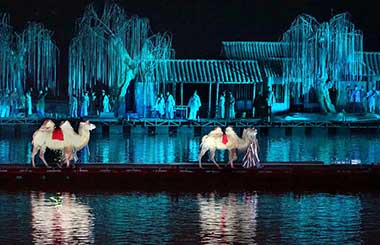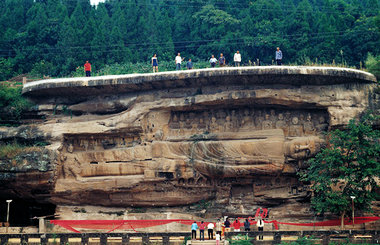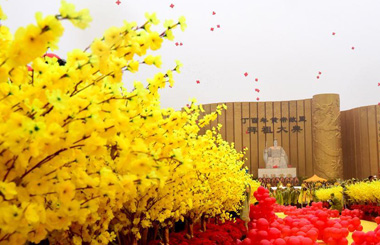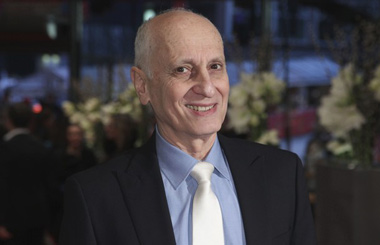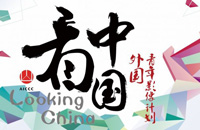Tibetan communities embrace new funeral customs
Rinchen, 40, works at a crematorium in a Tibetan community in Northwest China.
For Tibetans, sky and water burials have traditionally been the most common funerary customs. Cremation has only been used in the modern age.
The Chabcha town funeral management house, where Rinchen and his wife work, was founded in 1982. It was one of the first crematoriums in Qinghai province, home to over 1.37 million ethnic Tibetan people.
"It took a very long process of consulting high monks before establishing the crematorium. The site for the cremation house was chosen by the tenth Panchen Lama," said Duraga, deputy director of the civil affairs bureau of Gonghe county, which administers Chabcha town. Chabcha is the seat of the government of Hainan Tibetan autonomous prefecture in Qinghai.
"In less developed Tibetan communities, such as herding areas, people still favor sky burials. But in the city, more Tibetan people now choose cremation," said Duraga.
There are four cremation houses at the crematorium.
"In the 1980s, only a few dozen people were cremated here each year," said Rinchen, whose father-in-law was the first person to run the crematorium.
Last year, 352 people were cremated there, and most of them were Tibetans from Qinghai, Gansu and Northwest Sichuan.
Families usually put the ashes in bags made of white cloth and scatter them at sacred mountains and lakes.
"People scatter the ashes at sky burial sites at Qinghai Lake and the Yellow River, which flows through the county," said Rinchen.
"Before each cremation, families of the deceased invite monks from nearby monasteries, such as Khyamru Monastery, to give sermons and preside over the ceremonies," he said.
Rinchen and his wife Tsering make sure the lamps are always lit. Their family now lives at the crematorium.
"When I started living here, I often felt scared. Now I light lamps every day, touching the prayer wheels. It is a job to keep me busy," said Tsering.








